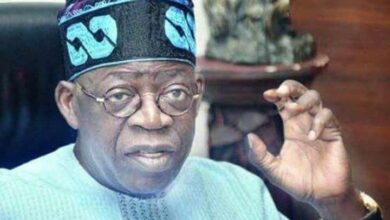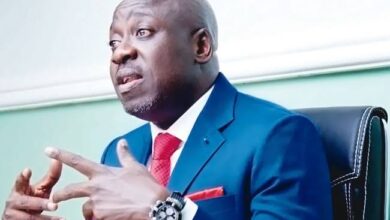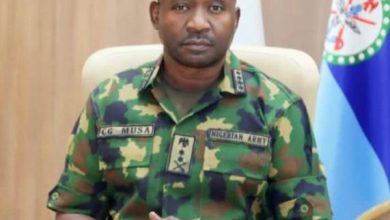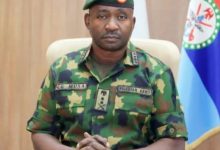Chibok girls’ release: Buhari praises Red Cross
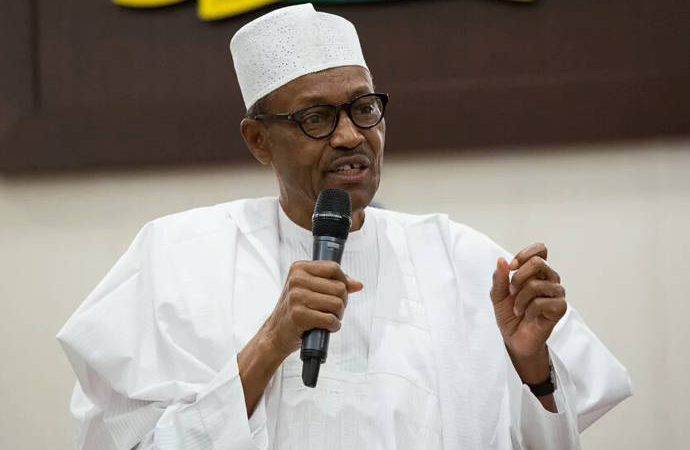
*As organisation says security, detention facilities have improved under Buhari than it was before
By Our Reporter
President Muhammadu Buhari has appreciated the role being played by the International Committee of the Red Cross (ICRC) in the release of the 21 abducted Chibok school girls just as he encouraged the organisation to maintain the humanitarian interest it has in Nigeria.
Buhari made this known during the meeting with the ICRC President, Mr. Peter Maurer at the State House in Abuja.
The President, in a statement by the Special Adviser on Media and Publicity, Mr. Femi Adesina, said that his administration was prepared to continue talks with the Boko Haram insurgent group, “as long as they
agree to involve international agencies like ICRC.”
He said: “We have seen the result of recent talks, 21 of the Chibok girls are back,” the President said, referring to the role played by ICRC in providing immediate humanitarian assistance to the girls, who had spent over 900 days in the hands of their abductors.
On rebuilding of destroyed infrastructure, the President said it was a priority of government, noting that the G7 had equally indicated support, which Nigeria heartily welcomed.
“We appreciate all your efforts. I am pleased you recognised that our military is cooperating with civil, authorities, and respecting humanitarian issues. It is a difficult time for Nigeria. About 27 of our 36 states couldn’t pay salaries when we came last year, and we are still struggling with that. But we will get out of it,” the President said.
President Buhari noted that Nigeria’s biggest problem was perhaps the issue of internally displaced persons (IDPs), stressing that there “were over two million of them made up of over 60% women and children. About 60% of the children don’t know their parents, or where they come from. It is weighing heavily on government.”
Responding, Maurer said their operation in the Lake Chad region is the second largest in the world, after Syria, adding that there were nutritional, health, water and sanitation issues in the North-east, in addition to rebuilding of infrastructure.
He also commended Nigeria for granting increased access to detainees, and exchanges with the Armed Forces.
His words: “We are ready to engage and play supportive role in responding to crisis in Nigeria. Security is a lot better than it was a year ago, but humanitarian problems are serious, and don’t disappear so quickly. Detention facilities have improved, there are fewer deaths, and things are better health-wise.”


